JournalismPakistan.com | Published February 15, 2017 | Daud Malik
Join our WhatsApp channel
ISLAMABAD - The combination of fake news and social media is ensuring spurious news is released and shared widely until one comes to know it is not what it claims to be.
The latest example is the “arrest” of singer Hadiqa Kiani at London's Heathrow Airport for trying to smuggle two kilograms of cocaine. The report is still available on the newspaper’s website.
While she was being “arrested” in London Tuesday, the signer was actually in Lahore celebrating her nephew’s birthday. Though she initially took the news lightly, she was worried when she started receiving "serious phone calls" from journalists and others, according to Dawn.com. She also conveyed her disappointment with local publications which released the news without “verifying” it.
The singer tweeted she was “disgusted with @DailyTimes_DT for spreading such FAKE NEWS. I have been in Lahore, today is my nephew's birthday. SHOCKED.”
Journalist Ahmed Noorani also tweeted: “Breaking: #ARY & employees now delete tweets on Hadiqa Kiani #cocaine news after @Hadiqa_Kiani posted her today's pic with family in Lahore.”
Social activist Jibran Nasir’s tweet simply asked if “people/reporters at least verify the news and website before sharing or reporting it #Shameful”.
The glut of information and availability of instant sharing technology sees everything being shared despite people knowing it looks doubtful. And it seems people want to read fake news, especially in a heated political atmosphere. The most recent example is the US presidential election.
According to Guardian, an analysis by BuzzFeed, an American internet media company, found that fake news stories drew more shares and engagement during the final three months of the US presidential campaign than reports from (for example) The New York Times, the Washington Post and CNN.
Similarly in Germany, Renate Kunast, a Green MP, was quoted as saying on the rape and murder of a German student by an asylum seeker from Afghanistan: “The traumatised young refugee may have killed someone, but we still must help him.” But according to Financial Times, “Ms Künast never said that. No one did. The Facebook post containing the quote had been made up by someone in Switzerland and reposted by Resistance of German Patriots, a rightwing group, with the apparent aim of discrediting the Greens and their liberal approach to refugees.”
FT termed it a “classic case of fake news, part of a wave of lies and ‘alternative facts’ that is spreading with startling speed in the run-up to Germany’s general election in September.” The German MP has sued Resistance of German Patriots for libel.
Guardian says it’s not easy to tell fake news from real news. The paper says a recent study carried out by Stanford’s Graduate School of Education assessed more than 7,800 responses from middle school, high school and college students in 12 US states on their ability to assess information sources. “Researchers were ‘shocked’ by students’ ‘stunning and dismaying consistency’ to evaluate information at even as basic a level as distinguishing advertisements from articles’.” The paper maintains that it’s not that readers are stupid, or even necessarily credulous: “It’s that the news format is easy to imitate and some true stories are outlandish enough to beggar belief.”
The paper defines fake news as “completely made up and designed to deceive readers to maximize traffic and profit.” However it adds that the definition is often expanded to include websites that “circulate distorted, decontextualised or dubious information through – for example – clickbaiting headlines that don’t reflect the facts of the story, or undeclared bias.”
The Verification Handbook by the European Journalism Center suggests four elements for journalists to check when a piece of information or content via social media comes to them. The four elements are – provenance (is this the original piece of content), source (who uploaded the content), date (when was the content created), and location (where was the content created?).

June 11, 2025: Pakistan celebrated a narrow win over Bangladesh, but beneath the jubilation lies a deeper crisis—from sidelined veterans to a collapsing domestic structure—signaling an urgent need for cricket reform.
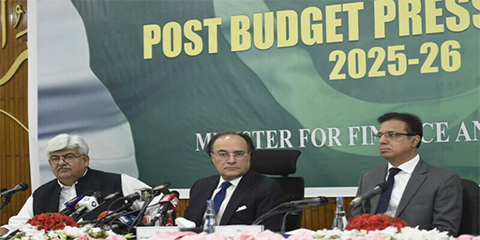
June 11, 2025: Journalists walked out of the post-budget press conference in Islamabad to protest the absence of a technical briefing and the government's dismissive behavior, calling it unacceptable and intolerable.
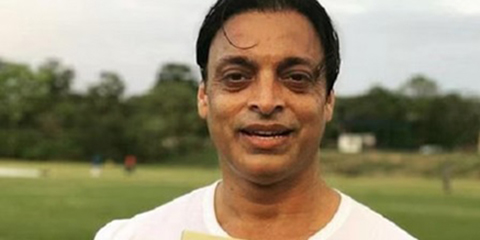
May 31, 2025: Dr. Nauman Niaz has issued a defamation notice to Shoaib Akhtar over derogatory remarks made during a recent broadcast, reigniting a longstanding media feud between the two prominent figures in Pakistan.

May 30, 2025: The Human Rights Commission of Pakistan has demanded the full repeal of PECA, citing its vague language, coercive powers, and threats to free speech and digital rights in Pakistan.
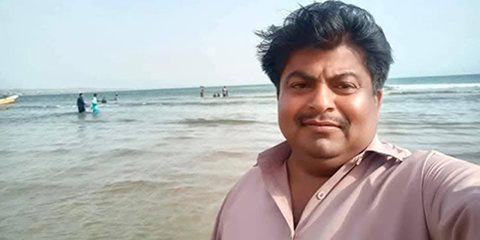
May 30, 2025: The Pakistan Federal Union of Journalists (PFUJ) has condemned the murder of journalist Syed Mohammed Shah in Jacobabad, calling for urgent justice and improved safety for media professionals in Sindh.

May 26, 2025: In Rawalpindi, police allegedly side with Jang Group to block 66 reinstated employees from resuming work despite court orders, drawing sharp criticism from unions and press freedom advocates.

May 25, 2025: PFUJ condemns the Jang Group's decision to dismiss over 80 employees in Rawalpindi, calling it an 'economic massacre.' The union warns of nationwide protests if workers are not reinstated.
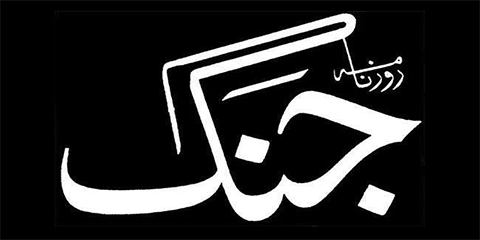
May 25, 2025: Daily Jang Rawalpindi has terminated over 80 employees, including female staff, despite multiple court rulings in their favor—raising concerns over labor rights violations and misuse of authority in Pakistani media.

May 19, 2025 PJS reports 219 Palestinian journalists killed in Israeli attacks since October 7, with 30 women among the victims. Over 430 were injured and 685 family members were killed. Read more on the systematic targeting of media in Gaza.

May 15, 2025 Discover the legacy of Samiullah Khan, Pakistan’s legendary "Flying Horse," whose breathtaking speed and artistry redefined hockey. From Olympic glory to World Cup triumphs, his story is one of myth, movement, and magic.
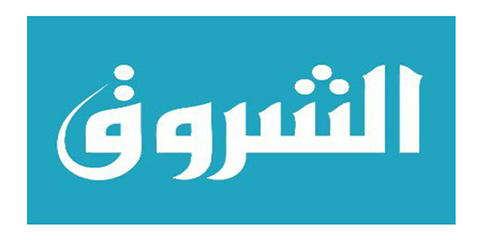
May 04, 2025 Algerian authorities suspend Echorouk News TV for 10 days after it used a racist slur against African migrants. ANIRA demands an apology, calling it a violation of human dignity.

May 04, 2025 NCHR and MMfD launch a journalism fellowship to train reporters on digital rights & gender inclusion in Pakistan. Supported by UNESCO, this initiative aims to bridge the gender digital divide. Apply by May 15, 2025!
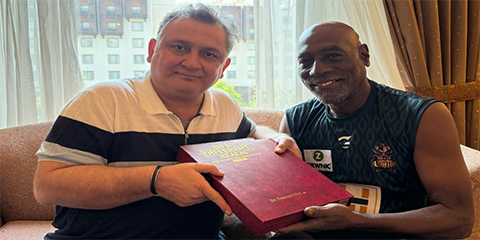
April 23, 2025 Discover Dr. Nauman Niaz’s In A Different Realm: Story of Quadruple & Triple Centuries 1876–2025, a profound exploration of cricket's most monumental innings, blending historical analysis with poetic narrative.